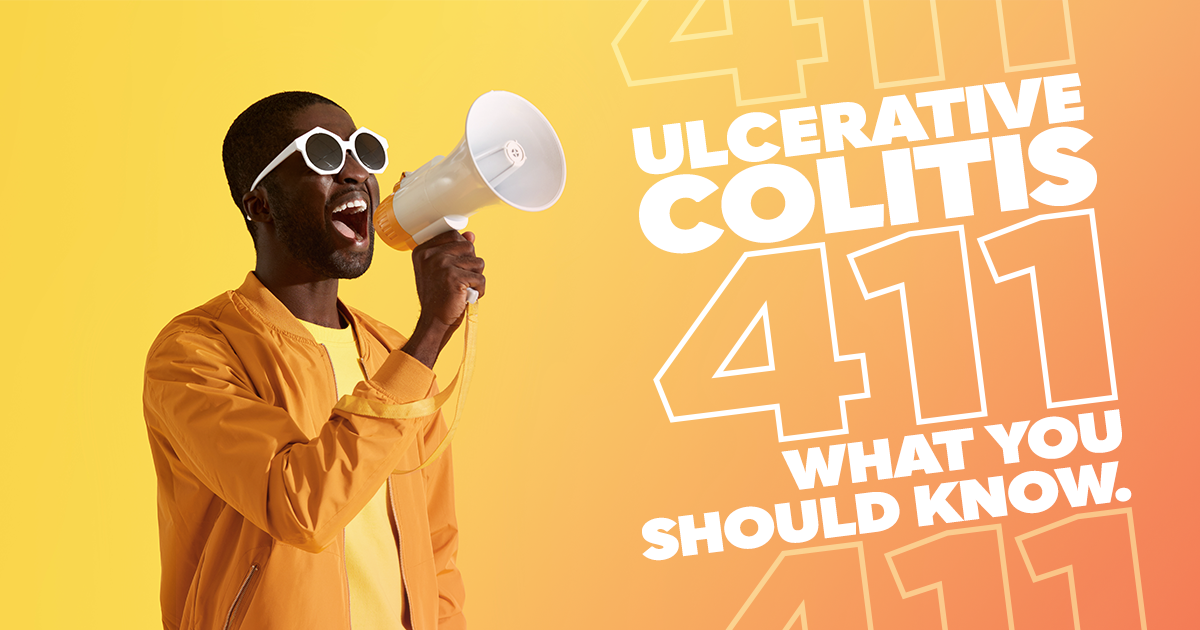Ulcerative colitis (UC) is a chronic disease that can have debilitating symptoms and life-threatening complications in some cases. Knowing more about UC will help you better manage your symptoms and, in turn, have a better quality of life and the possibility of long-term remission. Here are some basics when it comes to ulcerative colitis.
What is Ulcerative Colitis?
UC is a type of inflammatory bowel disease. It causes chronic inflammation and sores (ulcers) in the digestive tract. The body’s immune response persists long after it should have done its job. The result is the body continuing to send white blood cells to the intestine lining causing chronic inflammation. The innermost lining of the large intestine and rectum are affected. The sores produce pus and mucous, which trigger abdominal pain and the need to empty your colon frequently.
The cause of ulcerative colitis is not entirely clear and can occur at any age. Irritable bowel disease family history does typically increase your chances of developing it. Immune response and other environmental sources are other contributing factors that may cause it. Men and women get it equally, though older men are more likely to get diagnosed than older women.
Common Signs and Symptoms
As with other conditions, symptoms can vary in each person along with the severity and type. Most symptoms are mild to moderate and can include:
- Diarrhea that often contains blood or pus
- Abdominal cramping and pain
- Failure to thrive in children
- Rectal pain
- Rectal bleeding
- Urgent need to defecate, or inability to defecate despite urgency
- Weight loss
- Fever
- Fatigue
UC and Clinical Research
Since ulcerative colitis is the result of an overactive immune response, the main goal of most treatments is to help patients gain better regulation of their immune system. There are many effective options available to help manage UC’s symptoms, though some options may work well for some and not others. Finding the right treatment plan may take some patience and persistence.

Clinical research studies help ensure everyone with UC has effective therapy options available. Volunteers participating in clinical trials make this possible. To learn more about our enrolling studies for ulcerative colitis at Infinite, call (678) 430-3232, or click here.
References:
https://www.crohnscolitisfoundation.org/what-is-ulcerative-colitis/overview
https://www.mayoclinic.org/diseases-conditions/ulcerative-colitis/diagnosis-treatment/drc-20353331.



